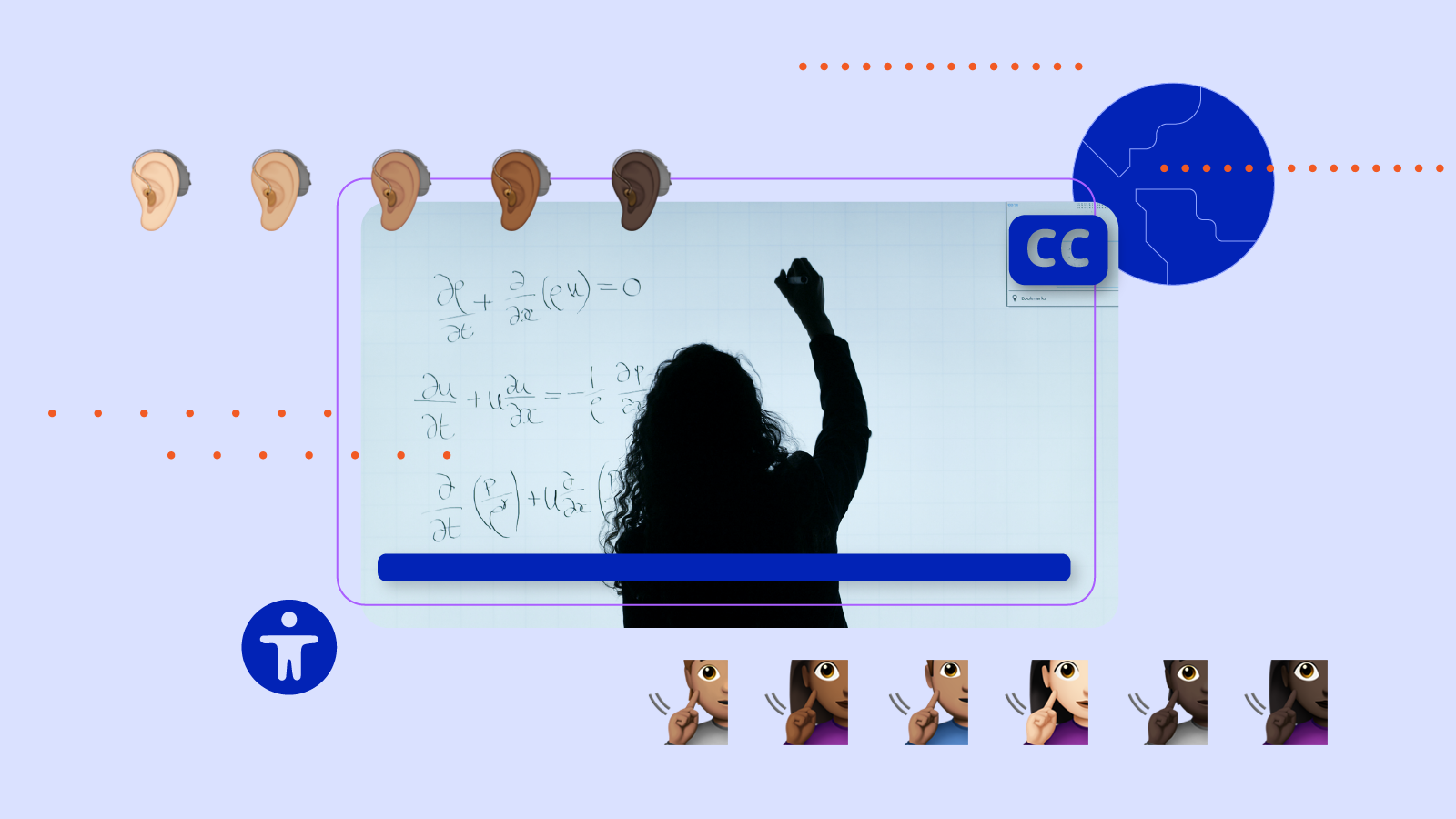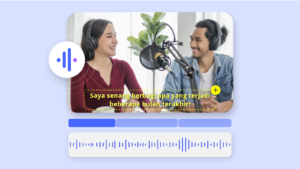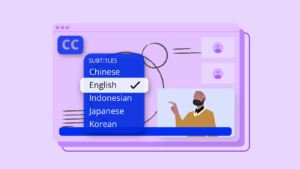Other than the deaf community, people with autism, ADHD, dyslexia, down syndrome can also benefit from videos with subtitles. Doctors and special needs teachers have recommended the use of videos with subtitles to help with the learning process of people with various kinds of disabilities.
The list is not be exhaustive, but it gives us an idea of how subtitles can benefit more than people with hearing difficulties.
Ménière’s disease
Meniere’s disease is an inner ear problem that causes dizzy spells and hearing loss. Meniere’s disease can happen at any age, but it most commonly occurs between ages 40 to 60.
This means that a person who has hearing loss as a result of meniere’s diseas will need to adjust and adapt new habits, such as using captions in videos for comprehension.
Tinnitus
Tinnitus is a condition where you experience “ringing in your ears”. It can also include buzzing, humming, whistling and hissing sounds. For some people with tinnitus, it can be distressing for them in their everyday lives.
While there is no consensus on how tinnitus can affect hearing performance, some studies have shown that it can interfere with speech perception and hearing performance. Subtitles would therefore benefit these people to have the best experience when watching videos.
Autism
In a new study published by Autism Research, it states that about 1 in 100 children around the world are diagnosed with autism spectrum disorders (ASD).
Many autistic people use captions and/or audio description to help them better follow, connect with, and interpret audio-visual content. Individuals with autism may prefer to mute the content they are watching. This is where subtitles can help them better process what is being said.
Hyperacusis
Hyperacusis is a condition common among people with tinnitus. The person is sensitive to loud sounds such as lawn mowing, moving trucks/ vehicles, etc. An activity like playing video games with the sound on can be irritating to the person and they would rather mute the sound and have subtitles on.
Attention Deficit Hyperactivity Disorder (ADHD)
Some people with ADHD will find it difficult to concentrate on a video . In such cases, captions will help these people better follow along what is happening in the video. Studies have shown that captions or subtitles can help people with ADHD retain audio-visual material.
Down Syndrome
People who are caregivers to a person/child with Down syndrome will tell you that quite a number have poor working memory. They can barely remember what had been said a few seconds back. To help them retain verbalized key concepts, make sure that the guidelines are backed up with visual representations such as the use of text(captions), especially in videos.
Subtitles can be easy to create
We’ve gone through the benefits of subtitles. Apart from using them to increase reach and engagement, they are one of the ways to create a more inclusive environment for different types of audiences. Subtitles are also incredibly easy to create. Instead of manually transcribing and subtitling your videos, try out Auris AI to generate your subtitles automatically. It is also completely free to use!






